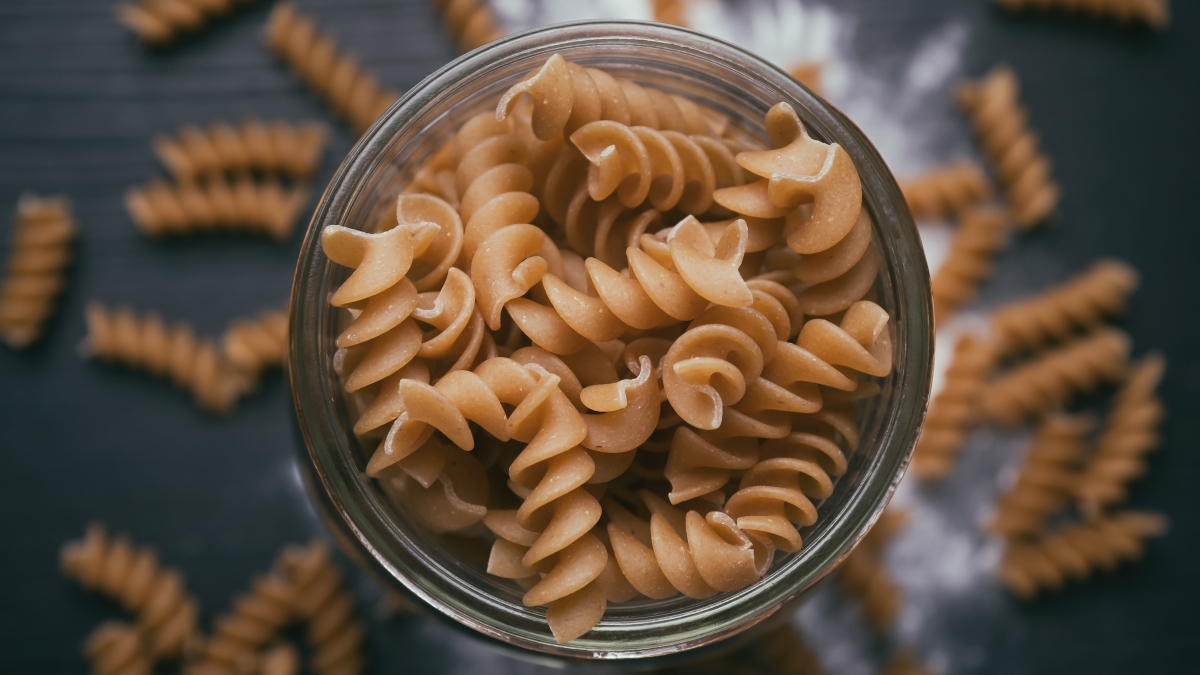Debunking the hype of gluten-free foods
Associate director of ASU's Nutrition Program on whether avoiding gluten offers health benefits to the general population

Sales of gluten-free foods continue to soar, reflecting a widespread belief that eliminating gluten from a person’s diet can produce health benefits, even for those without gluten sensitivity or celiac diseaseCeliac disease is an autoimmune disorder affecting the small intestine that is triggered when gluten is consumed..
Carol Johnston, professor and associate director of the Nutrition Program in Arizona State University's College of Heath Solutions, has studied the effects of gluten-free foods and their impact on health. She will present her research findings to students at an undergraduate research colloquium on Sept. 27.
Question: Does avoiding gluten have any benefits for those without celiac disease or a gluten sensitivity?
Answer: There is no clear evidence that avoiding gluten offers any health benefits for the majority of the population. Less than 1 percent (0.71 percent) of the population of the United States has been diagnosed with celiac disease, and an additional 3 percent has a non-celiac gluten sensitivity. While the popularity of gluten-free diets has clearly extended beyond those who have celiac disease or gluten sensitivity, researchers have not identified any health benefits to avoiding gluten for those without a sensitivity to it.
Q: Your research has shown that gluten-free pastas (such as rice or corn pasta) cause a person’s glucose levels to jump significantly higher than if they ate traditional wheat pasta. What are the health impacts of these findings? Should these types of pastas be avoided?

Carol Johnston
A: In my research, it was interesting to observe that the gluten-free corn and rice pastas caused participants to have higher blood glucose levels than traditional wheat pasta. One explanation for this may be found in the way starch and gluten interact during digestion. When starch is digested, it breaks down into sugars and produces glucose, which enters the bloodstream. However, the gluten present in traditional grain pasta may actually encase some of the starch, preventing it from breaking down and resulting in less glucose released into the bloodstream. Without the presence of gluten, the starch in corn or rice pasta is easily digested to glucose, causing a post-meal spike in glucose levels.
That said, more research is needed to better characterize the glycemic index of gluten-free pastas and breads. There are many versions of gluten-free products, and we need to better understand which substitute ingredients contribute to elevated glucose levels.
Q: A recent study found that those who eat gluten are less likely to develop type 2 diabetes. How does the consumption of gluten help to prevent this disease?
A: Most refined-grain products, like corn or rice pasta, have a high glycemic index. Sharp increases in blood glucose levels following a meal, or postprandial glycemia, have been linked to risk for chronic disease, particularly cardiovascular disease and type 2 diabetes. Gluten may help to moderate the glycemic response of grains as discussed above. However, to lower the risk of type 2 diabetes, individuals should adopt multiple strategies, including exercising daily, managing caloric intake to manage body weight, reducing intake of refined carbohydrates and sugars, and consuming nuts daily.
More Health and medicine

Indigenous ASU research team recommends assistance for tribal members still reeling from COVID-19’s effects
When Matt Ignacio’s tribe, the Tohono O’odham Nation, donated $1 million to Arizona State University to support COVID-19 research, he applied for some of the money to understand and report any…

Tips for staying hydrated during Pat's Run and other outdoor activities
By Aidan Hansen Staying hydrated and listening to your body during outdoor exercise activities is crucial to one's health and safety, especially in warm climates. And with the average daytime high…

Fitness helped combat vet, ASU alum readjust to civilian life
By Aidan Hansen Army combat veteran and Arizona State University College of Health Solutions alumni Rich Mulder found fitness helped him transition back to civilian life. Now he supports his fellow…